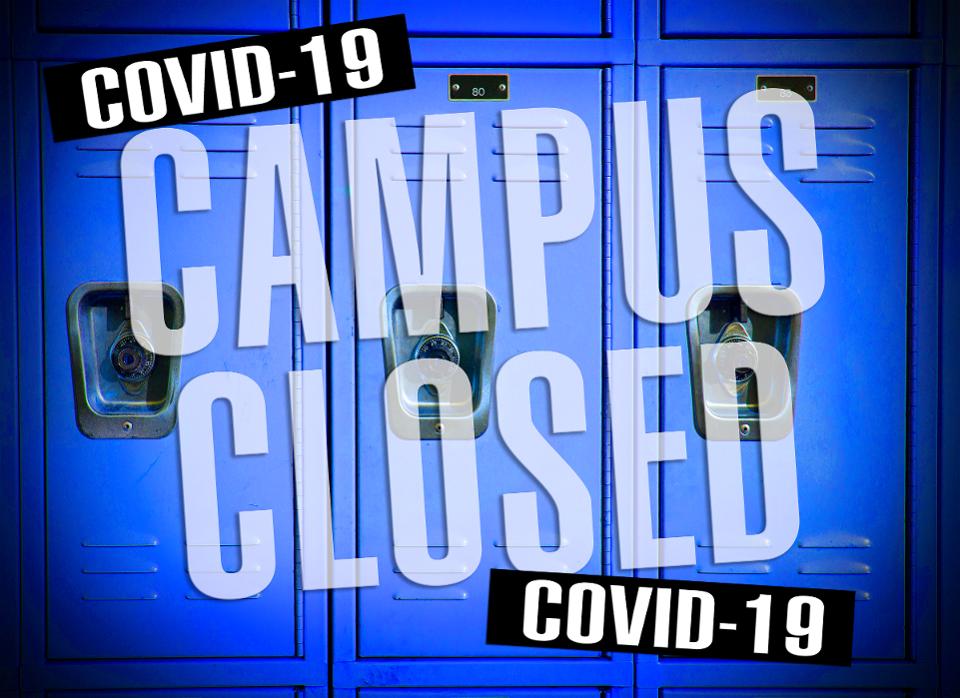Should Colleges and Universities in Pennsylvania Give Refunds due to COVID-19?
Due to the COVID-19 pandemic, colleges and universities across the United States have closed their campuses, canceled all school activities including athletics, and converted to a 100% online curriculum. With students back at home attending classes virtually, having the quality of classes vary from course to course, and some being placed on a pass/fail grading system, the question presented is: Should Colleges and Universities in Pennsylvania give refunds due to COVID-19?
This question may be answered in the near future as class action lawsuits have been filed against Liberty University, University of Miami, and locally against Drexel University. A Drexel University student filed a class-action lawsuit on behalf of himself and other unnamed students in the United States District Court for the District of South Carolina Charleston Division. The case is captioned Rickenbaker v. Drexel University, 2:20-cv-1358-BHH. Rickenbaker is a resident of South Carolina which is why the case is filed in that state and not Pennsylvania.
In the lawsuit, Rickenbaker is seeking a refund of “certain tuition fees and other costs” he paid for the 2020 Spring Semester. In paragraph 17 of Rickenbaker’s complaint he alleges:
“The tuition and fees for in-person instruction are higher than tuition fees for other online institutions because such costs cover not just the academic instruction, but encompass an entirely different experience which includes but is not limited to:
- Face to face interaction with professors, mentors, and peers;
- Access to facilities such as computer labs, study rooms, laboratories, libraries, etc;
- Student governance and student unions;
- Extra-curricular activities, groups, intramurals, etc;
- Student art, cultures, and other activities;
- Social development and independence;
- Hands-on learning and experimentation; and
- Networking and mentorship opportunities.”
He is also seeking reimbursement of a mandatory enrollment fee, room & board, parking fees, and intramural and extra-curricular fees. The complaint alleges that the absence of campus access and instruction deplete and diminish the education and experience he contracted for when enrolling and paying tuition. Also, he alleges harm in the fact his classes will be pass/fail and not recorded on an actual grading scale.
Rickenbaker lists two legal claims in the lawsuit, Breach of Contract and Unjust Enrichment. Both legal claims are based on the allegation that Rickenbaker and other students are not getting the education and experience in return for the full tuition, room & board, and other fees they paid; the contract being the promise to pay tuition by students in exchange for the advertised and reasonably expected education, experience, opportunities, reputation, and other services of Drexel University. While Drexel receives the benefit of full tuition and other costs, while at the same time saving on operating costs, Rickenbaker and other students are being the product they bargained for and expected. These are the same arguments being made against the University of Miami and Liberty University.
Other schools around the country are dealing with petitions from students for refunds such as New York University. Colleges and Universities in the Philadelphia area are taking different approaches. Many are providing prorated refunds for room and board as well as meal plans. However, tuition does not appear to be on the list of any refund offerings. Local colleges and their refund statements can be found at:
- Rutgers University click here – room and board
- University of Pennsylvania’s click here – appears to be unclear
- Temple University click here – room and board
- Villanova University click here – room and board (some refunds, some only credits)
- Saint Joseph University’s click here – room and board
- Community College of Philadelphia – nothing
- LaSalle University – room and board
- West Chester University click here – room and board
- Penn State University click here – room and board
- Manor College click here – room and board
For a list of all Pennsylvania Colleges/Universities and their websites click here.
It will be interesting to see the outcome and answer to the question of: Should Colleges and Universities in Pennsylvania give refunds due to COVID-19? Will colleges and universities ultimately settle or will the decision be left to judges and juries?
This situation is no one’s fault and both sides, students and schools, are innocent and at the mercy of government orders and a deadly public health and safety risk. Prorated refunds for room & board, meal plans, parking, and extracurricular fees, seem reasonable and logical; a very compelling contractual argument can be made by students. However, tuition is more difficult and challenging. For instance, Merriam-Webster’s Dictionary defines tuition as “the price of or payment for instruction.” While the method of delivery has certainly changed, and in some cases the quality, students continue to receive instruction and the opportunity to earn academic credit in exchange for their tuition dollars.
The tuition argument will be faced with contract law concepts and standards such as “force majeure,” “frustration of purpose,”, “public policy”, and “impossibility of performance”, to name a couple. The analysis of those legal concepts requires a separate blog post or article.
*The opinions, positions, and statements in this article are those of my own or other sources and do not necessarily reflect or represent those of the university at which I am an adjunct professor.
April 15, 2020 – Paul S. Peters III, Esquire




